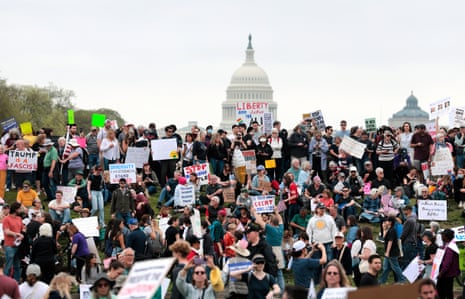The connection between governance and the public has always been intricate, but today it feels more palpable than ever. The intertwined path of politics society future reflects a world where institutions, leaders, and citizens collectively determine the direction of progress. From bustling city squares to digital forums, conversations about justice, equality, and growth are echoing with new intensity. These dialogues illustrate how the future of politics is inseparable from the evolution of society itself.

The Influence of Policy on Daily Life
Every legislative decision influences the rhythm of ordinary existence. Whether it is healthcare reform, education access, or taxation, these choices shape opportunities and limitations alike. The process of politics shaping society is not abstract—it determines job prospects, personal freedoms, and even environmental quality. As policies adapt to technological advancement and demographic shifts, their impact reaches far beyond government halls, weaving into the fabric of communities across the globe.
Technology as a Catalyst
Digital transformation sits at the center of this transition. Social media, artificial intelligence, and real-time communication have elevated transparency while challenging traditional political authority. This movement toward openness represents political progress forward, where citizens are no longer silent spectators but active participants in shaping the discourse. Instant access to information empowers communities, allowing them to demand accountability and champion causes with unprecedented reach.
The Role of Civic Activism
The rise of civic movements is another hallmark of society politics change. Grassroots organizations and community-driven campaigns continue to challenge established hierarchies, proving that political momentum does not belong solely to those in office. Environmental activists, labor unions, and equality advocates all contribute to reshaping political priorities. Their persistence ensures that marginalized voices are heard and woven into policymaking processes.
Economic Transformations
Economies across continents are in flux. Inflation, technological disruption, and globalization demand adaptable leadership. Governments must strike a balance between short-term relief measures and long-term strategies that foster resilience. These shifts illustrate how politics shaping society extends deeply into financial well-being. By investing in innovation, infrastructure, and fair trade, political leaders influence not only national prosperity but also individual livelihoods.
Cultural Dimensions of Change
Cultural dynamics are also inseparable from the politics society future. Debates about identity, diversity, and representation continue to shape policy frameworks. From gender equality to the rights of indigenous communities, these issues highlight the inseparability of personal identity and political recognition. Leaders who embrace inclusivity and cultural sensitivity help build bridges across divides, fostering societies that thrive on respect and shared values.
Global Connections and Cooperation
No nation exists in isolation. International diplomacy is an essential component of political progress forward. Trade partnerships, peace negotiations, and environmental treaties demonstrate the interconnected nature of today’s challenges. Collaboration across borders enables shared solutions to crises such as climate change, pandemics, and humanitarian displacement. These cooperative ventures remind us that the advancement of one society is often tied to the stability and prosperity of another.
Environmental Imperatives
The environment remains at the forefront of society politics change. Climate resilience, renewable energy adoption, and sustainable development have become benchmarks for modern governance. Citizens, especially younger generations, are pressing governments to take meaningful steps toward preserving the planet. These demands reshape political agendas and create momentum for ambitious ecological reforms, underscoring the vital link between environmental stewardship and long-term societal well-being.
The Importance of Institutions
While individuals and movements capture headlines, institutions provide continuity. Courts, parliaments, and watchdog organizations safeguard the principles of fairness and accountability. In moments of turmoil, their stability ensures that the politics society future remains anchored in justice. Strong institutions not only uphold democratic norms but also prevent abuses of power, reinforcing trust between citizens and their governments.
Looking Toward Tomorrow
The road ahead is complex but filled with possibility. As societies grapple with innovation, economic restructuring, and cultural evolution, the interplay of politics shaping society becomes ever more crucial. Bold ideas, responsive leadership, and engaged citizens will determine the trajectory of progress. Through collaboration and persistence, political progress forward is achievable, and the potential for transformation is boundless.The narrative of society politics change is not written by leaders alone but by the collective actions of humanity. Politics and society are moving forward together, redefining values, priorities, and aspirations. This evolving relationship holds the promise of a more inclusive, resilient, and forward-looking future—one where governance serves as both a mirror of societal desires and a guide toward shared prosperity.






